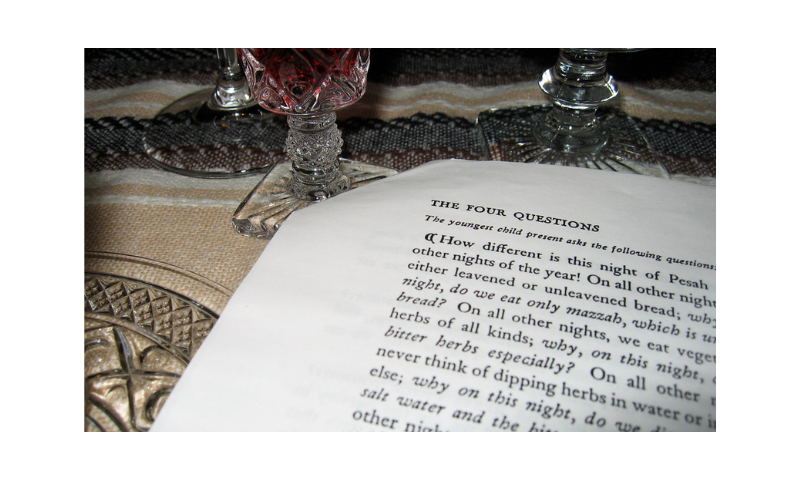Ruth R. Wisse
WSJ, Mar. 30, 2023
“Why did “they” so often seek to destroy us? Why some nations and not others? Why the Germans? And why, more exigently by the late 1940s and ’50s, did Arab and Muslim leaders who already ruled over myriad countries adamantly refuse to coexist with the tiniest Jewish state? Why would Ishmael deny Isaac his promised land?”
“Why is this night different from all other nights?” asks the Haggadah, the text re-enacting the biblical exodus from slavery to national freedom that Jews will recite on April 5 at the ceremonial meal known as the Passover Seder. The Haggadah’s four opening questions—three of which relate to specific customs—are traditionally recited by the youngest one present, a practice that prompts compliments to our ancestors for a pedagogic device that not only engages the children but sets the evening’s tone for inquiry and debate.
Passovers of my childhood were seared with questions. The Haggadah instructs every Jew in every generation “to look on himself as though he came forth out of Egypt.” Since our family had fled from Europe in the summer of 1940 and were among the pitifully few Jews admitted to Canada during the war, we needed no such directive to experience Passover personally. As we moved from the bitter herbs of oppression to the feast that followed, we sensed an all too eerie correspondence between tyrannies past and present.
We read: “In every generation they stand up against us to destroy us, and the Holy One, blessed be He, saves us from their hand.” Our parents and the refugees who joined us after the war knew that no such divine intervention had rescued families left behind. Some asked: “Where was he? And why do we repeat words that we know to be untrue?” Because the Haggadah ignores the redemptive role of Moses—instead crediting only the Almighty for saving the Jews from Pharaoh, granting them the Torah at Sinai, and bringing them home to their land—it almost obliges believers to inquire why his mighty powers had subsequently failed. Faith lies in pressing such questions.
[To read the full article, click here]


